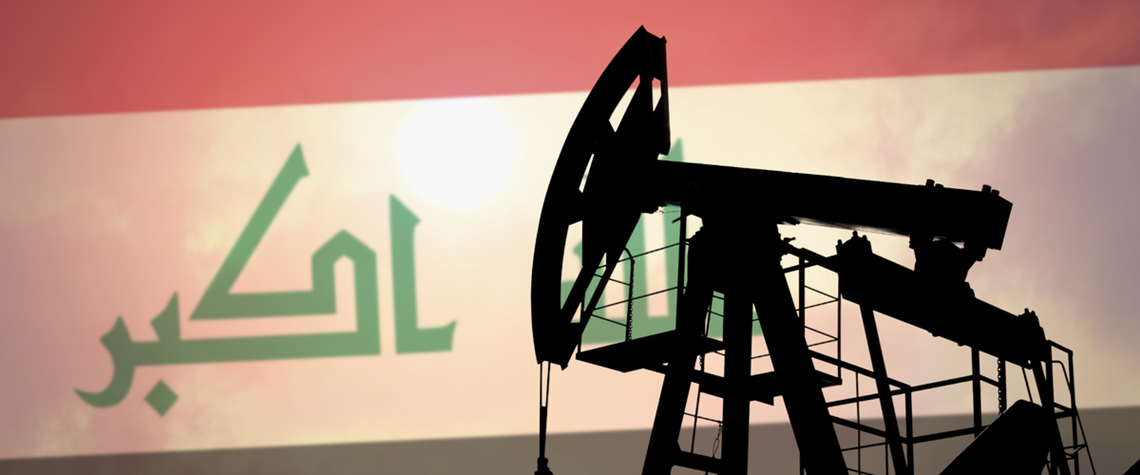What does TotalEnergies see in Iraq?
The major has bucked the trend of Iraqi exits and reorganisations. Why is it going where others fear to tread?
September’s announcement of a new $27bn, 25-year investment contract between TotalEnergies and Iraq’s Oil and Electricity Ministry looks very much an outlier after months of IOC partner dissatisfaction. The French major has not, though, made such a big bet on upstream oil production, infrastructure and solar generation on a whim. It is therefore important to understand how the commitment fits with the firm’s overall strategy. But what are also telling are the subtle differences between what TotalEnergies has agreed and the broadly similar, but much larger, $53bn Southern Iraq Integrated Project (SIIP)—the development originally spearheaded by ExxonMobil to develop a seawater injection facili

Also in this section
27 February 2026
LNG would serve as a backup supply source as domestic gas declines and the country’s energy system comes under stress during periods of low hydropower output and high energy demand
27 February 2026
The assumption that oil markets will re-route and work around sanctions is being tested, and it is the physical infrastructure that is acting as the constraint
27 February 2026
The 25th WPC Energy Congress to take place in tandem as part of a coordinated week of high-level ministerial, institutional and industry engagements
27 February 2026
The deepwater sector must be brave by fast-tracking projects and making progress to seize huge offshore opportunities and not become bogged down by capacity constraints and consolidation







